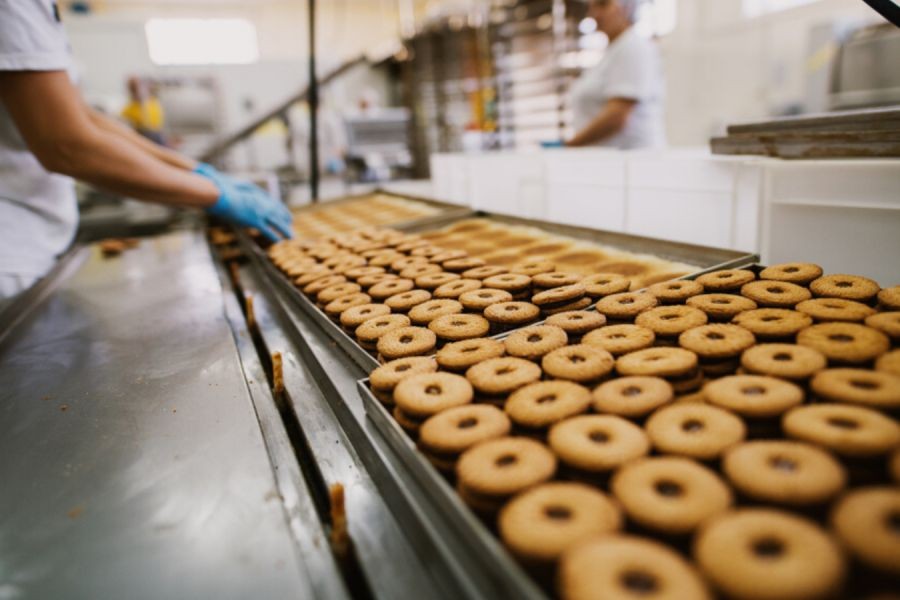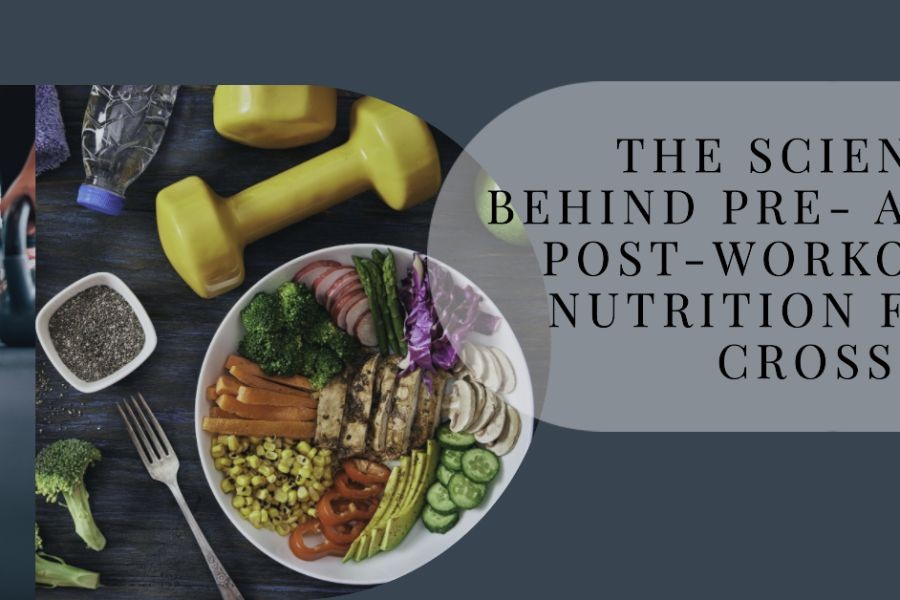Australia's food industry stands at the precipice of a significant transformation, driven by technological advancements, changing consumer preferences, and a global push towards sustainability. As this sector evolves over the next decade, the impact will be profound not only on the agriculture and food production landscape but also on the nation's economy and international trade relations. This article delves into how these changes will unfold and what they mean for Australia, backed by data and expert insights.
The Current State of Australia's Food Industry
The Australian food industry is a vital part of the nation's economy, contributing approximately 3% to the GDP as of 2023. According to the Australian Bureau of Statistics, the sector employs over 1.6 million people, making it one of the largest employment sectors in the country. However, the industry faces challenges such as climate change, water scarcity, and fluctuating global market demands.
Technological Advancements Driving Change
One of the most significant drivers of change in Australia's food industry is technology. Innovations such as precision agriculture, artificial intelligence (AI), and biotechnology are set to revolutionize food production and distribution.
- Precision Agriculture: By employing satellite imagery and IoT devices, farmers can optimize water usage and crop yields, significantly reducing waste. A study by CSIRO suggests that precision agriculture could increase crop yields by up to 25%.
- AI and Machine Learning: AI-driven analytics help in predicting weather patterns and pest outbreaks, enabling proactive measures. Companies like AgriDigital are leveraging blockchain to enhance supply chain transparency.
- Biotechnology: Advances in genetic engineering are leading to the development of more resilient crop varieties, which are better suited to withstand Australia's harsh climatic conditions.
Consumer Preferences: A Shift Toward Sustainability
Australian consumers are increasingly prioritizing sustainability in their purchasing decisions. This shift is influencing how food is produced, packaged, and marketed.
- Plant-Based Diets: The demand for plant-based foods is on the rise. According to Roy Morgan Research, 12.1% of Australians identified as vegetarian or mostly vegetarian in 2023, a number expected to grow steadily.
- Local Sourcing: Consumers are showing a preference for locally sourced products. This trend is supported by data from the Australian Competition & Consumer Commission, which reports a 15% increase in the purchase of locally produced goods.
- Eco-Friendly Packaging: With single-use plastics falling out of favor, companies are investing in biodegradable and reusable packaging solutions.
Case Study: V2Food's Success in Plant-Based Alternatives
V2Food, an Australian startup founded in 2019, has been at the forefront of the plant-based movement. The company has successfully developed meat alternatives using Australian-grown ingredients, targeting both local and international markets.
- Problem: The challenge was to create a product that could compete with traditional meat in taste and texture while being environmentally sustainable.
- Action: V2Food partnered with CSIRO to develop innovative plant-based products that mimic the taste and texture of meat.
- Result: Within two years, V2Food's products were available in over 600 retail locations across Australia and the company secured significant contracts with international fast-food chains.
- Takeaway: V2Food's success underscores the potential for innovation in meeting evolving consumer demands, providing a blueprint for other businesses in the sector.
Regulatory Environment and Government Initiatives
The Australian government plays a crucial role in shaping the future of the food industry through policies and regulations. Recent initiatives focus on sustainability, innovation, and food security.
- Sustainability Initiatives: The government has set targets to reduce food waste by 50% by 2030 as part of the National Food Waste Strategy.
- Innovation Grants: Various grants and funding opportunities are available to support research and development in agriculture and food technology.
- Trade Policies: Free trade agreements with key markets like China, Japan, and South Korea provide preferential access for Australian agricultural exports.
Future Trends and Predictions
Looking ahead, several trends are poised to shape the future of Australia's food industry:
- Vertical Farming: As urbanization continues, vertical farming will become increasingly important in providing fresh produce to city dwellers.
- Alternative Proteins: Beyond plant-based proteins, the development of lab-grown meat is advancing rapidly, with projections indicating market availability within the next decade.
- Blockchain for Transparency: Blockchain technology will be pivotal in ensuring traceability and transparency in food supply chains, fostering consumer trust.
According to Deloitte, the adoption of these technologies could boost the food sector's contribution to Australia's GDP by an additional 2% over the next decade.
Common Myths and Mistakes
As the industry evolves, it's essential to dispel common myths and avoid pitfalls:
- Myth: "Organic food is always better for the environment." Reality: While organic farming avoids synthetic pesticides, it often requires more land and resources, which can negate environmental benefits.
- Myth: "Technology will replace farmers." Reality: Technology is designed to augment human capabilities, not replace them. Farmers will continue to play a critical role, supported by technological advancements.
- Mistake: Ignoring consumer insights. Businesses that fail to adapt to changing consumer preferences risk losing market share.
Conclusion: A Call to Action
The next decade offers immense potential for Australia's food industry to innovate and lead globally. Businesses must embrace technological advancements, adapt to consumer preferences, and leverage government support to thrive in this evolving landscape.
What strategies will your business adopt to stay ahead in Australia's dynamic food industry? Share your insights and join the conversation.
People Also Ask
- How will technology impact Australia's food industry? Technology will enhance productivity and sustainability, with innovations like precision agriculture and AI-driven analytics leading to increased efficiency and reduced waste.
- What are the key trends in Australia's food industry? Key trends include the rise of plant-based diets, local sourcing, eco-friendly packaging, and the adoption of blockchain for supply chain transparency.
Related Search Queries
- Future of food industry in Australia
- Technological advancements in agriculture
- Sustainable food production in Australia
- Impact of consumer preferences on food industry
- Regulatory changes in Australian food industry













































GSM Freight
1 month ago